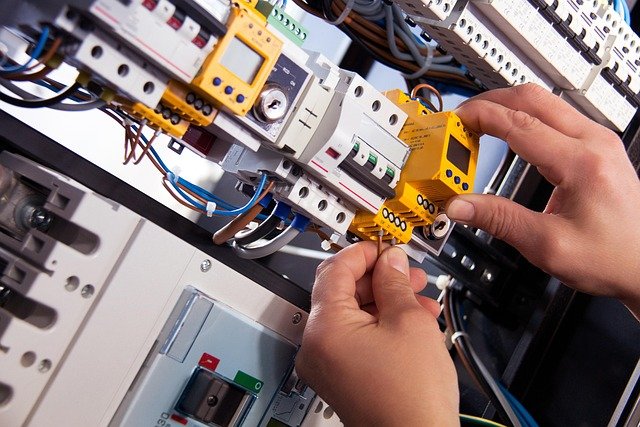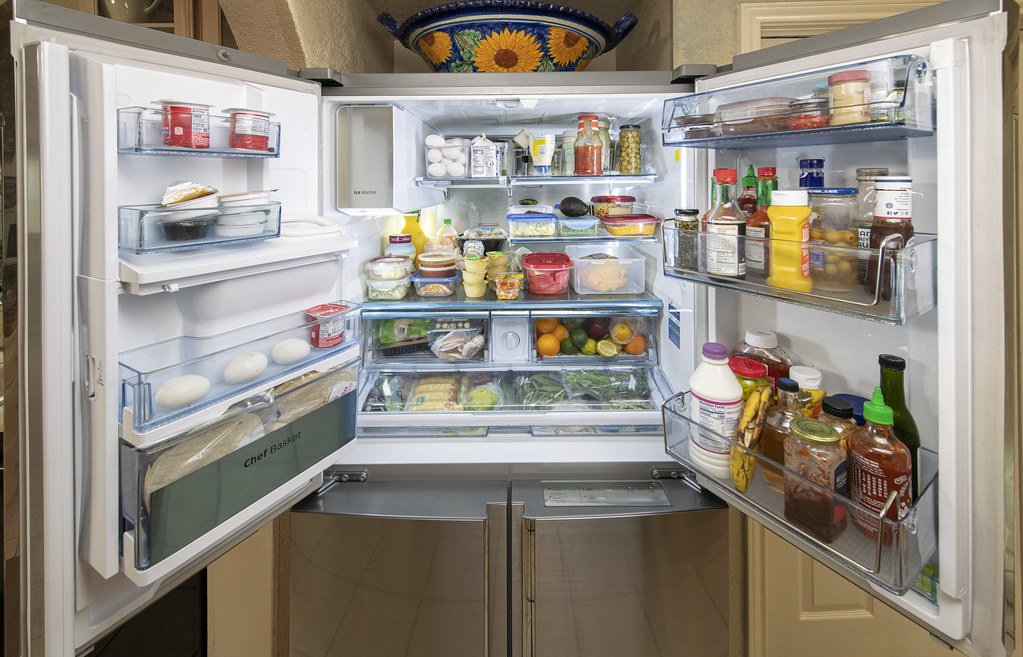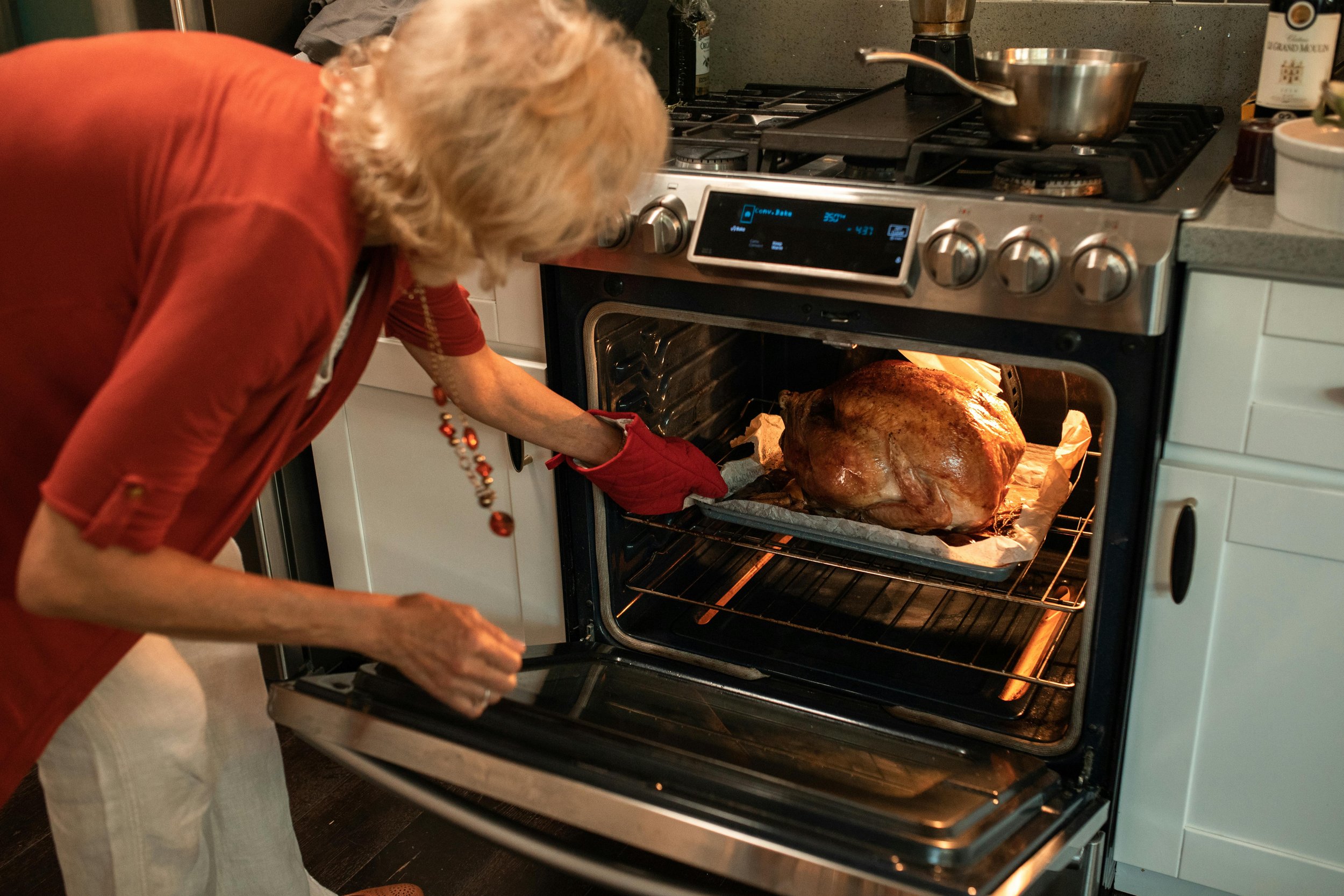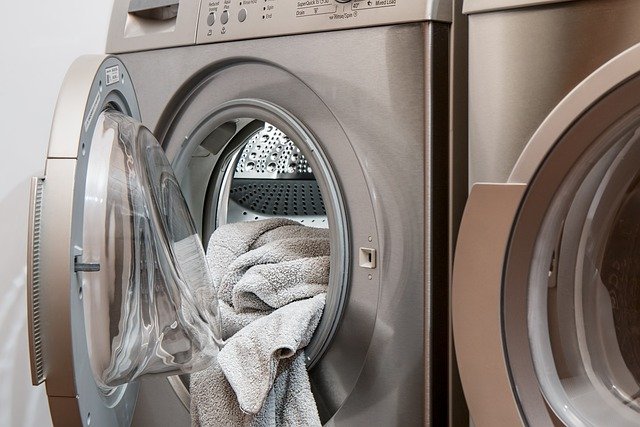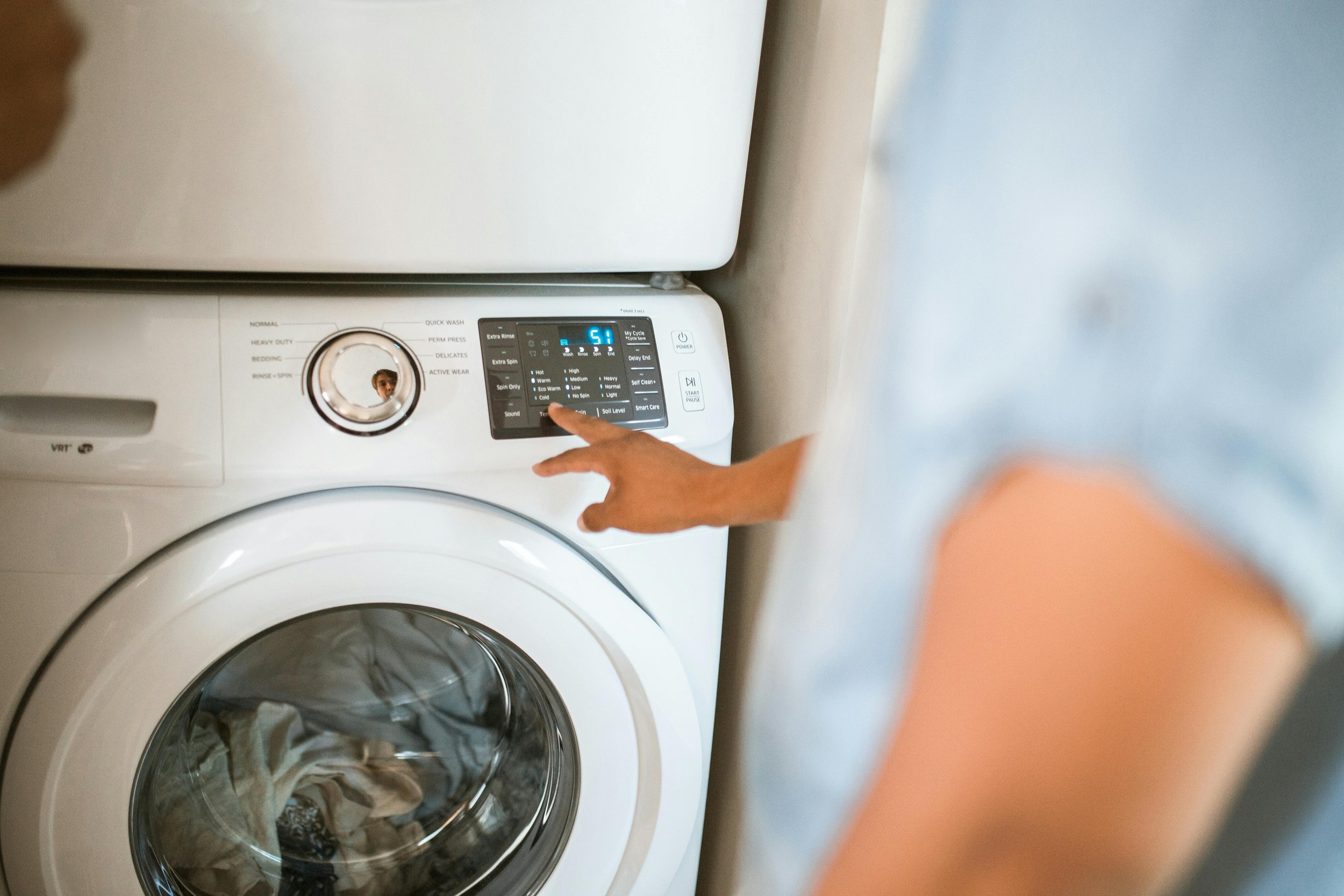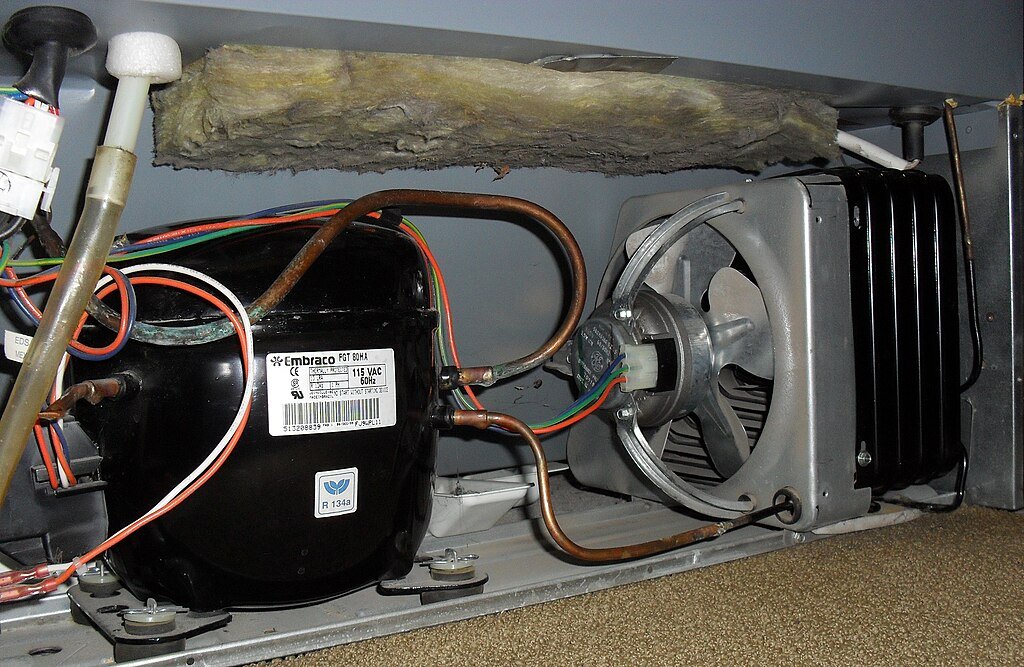Unplugging isn’t just busywork. Here’s what to unplug, what to leave in, and the real reasons why.
You’ve got your bags packed, your out-of-office email turned on, and the pet sitter all squared away. But just before you head out the door, here’s a question worth asking: what’s still plugged in around your house?
Unplugging appliances before vacation might feel like one of those optional chores you can skip. And hey, most of the time, you’d be right. Most folks leave home without unplugging a thing and return to find everything just as they left it. But if taking five extra minutes to unplug a few key items can save you from a fire, a fried device, or an inflated electric bill—why not?
Here’s a room-by-room guide to help you figure out what can stay in, what should come out, and why it matters.
In the Kitchen
Let’s start with the most appliance-packed room in the house.
Countertop appliances like toasters, air fryers, electric kettles, coffee makers, and microwaves should be unplugged before you leave. Not only do many of these have heating elements that could pose a risk if there’s a malfunction, but they also use standby power even when they’re off. That little clock on your microwave? Yep, it’s still sipping electricity. And anything with grease buildup or crumbs sitting near a heat source is one power surge away from becoming a hazard.
Now, your refrigerator should stay plugged in unless you’re planning to be away for more than a month and have time to empty and clean it out. For shorter trips, just make sure it’s at least half full (water jugs work in a pinch) so it doesn’t have to work as hard to stay cool.
Living Room + Office Area
Entertainment centers are sneaky energy vampires. Your TV, streaming box, game consoles, and even cable boxes all draw power even when they’re powered off. And while the cost adds up over time, the bigger concern here is protecting your pricey electronics from power surges while you're not around. Lightning strikes or grid fluctuations can do a real number on your home theater setup if it’s still connected.
Before heading out, unplug everything you can in this area. If they’re all on one power strip, even better—just flip the switch.
Same goes for computers and accessories. Unplug desktops, laptops, printers, and anything else with a battery or sensitive circuit board. If you’re someone who’s got backups running, make sure they’re finished, then go ahead and unplug.
And if you’re still on the fence? Just imagine returning from a relaxing trip to find your hard drive fried by a surge. That mental image is usually enough motivation to reach for the plug.
Bedroom + Bathroom
Here’s where some of the most common fire hazards live: hair styling tools. Whether it’s a curling iron, flat iron, or hair dryer, these should always be unplugged when not in use—and especially before a trip. A single damaged wire or faulty switch can lead to smoldering parts even when the device is off.
Battery chargers, especially for lithium-ion devices (think: cordless vacuums, electric toothbrushes, camera batteries), should also be removed from outlets. These can pose a fire risk if left charging for too long or if they’re damaged in any way. One of the most frequent causes of battery-related fires is unattended overcharging, so err on the safe side.
Nightstand lamps and alarm clocks? Up to you. They don’t pose a major risk, but unplugging them can still reduce phantom energy use.
Utility Room or Laundry Area
This one surprises people: your washer and dryer should be unplugged too. Dryers, in particular, are one of the leading sources of appliance-related fires. If you're leaving for more than a few days, it’s worth the extra 30 seconds to reach behind and unplug them. Lint buildup inside dryers is no joke—combine that with a random power surge and things can go downhill fast.
And if you really want to go the extra mile, you can even turn off the water supply to the washer. It’s not a bad habit—especially if your washer hoses are older or you’ve had a leak before. A cracked hose while you're out of town can go from minor annoyance to major water damage in no time.
Water heater? No need to unplug entirely. Most modern models have a "vacation" or "low" setting, which keeps them operating efficiently without turning them off altogether.
The Essentials to Leave Plugged In
Not everything should be unplugged. Your refrigerator (as mentioned) stays. So do your smoke detectors, carbon monoxide detectors, and any home security systems. If you use smart home features like thermostats, lights, or cameras, your Wi-Fi router and modem also need to stay powered on. That connectivity can make all the difference if something goes wrong and you need a heads-up. Plus, if your router's online, it's one way to verify whether your home's still got power at all.
If you have a sump pump or a radon abatement system, those are non-negotiable. They need to stay running while you're away, period.
Bonus Tip: Skip the Breaker Panel
Some people prefer to flip circuit breakers instead of unplugging items room by room, but this comes with risks. Unless you’re absolutely sure what’s on each circuit, you could end up turning off something essential, like your fridge or sump pump. Plenty of breaker panels are mislabeled or include hidden connections you’d never guess. Better to be precise than sorry.
At the end of the day, unplugging before vacation is about prevention, not paranoia. Your home likely won’t burst into flames because you left your toaster plugged in—but why take the chance? Plus, it’s a small step that saves energy, protects your electronics, and gives you a little extra peace of mind while you’re away.
And once you’re home again, plugging everything back in will feel like a gentle re-entry. Welcome back!
If something doesn’t power on quite the way it used to—or worse, if you return to an appliance that’s acting up—our team at Appliance Rescue Service is here to help. From troubleshooting strange behavior to handling post-vacation surprises, we’re just a call away. Safe travels, and know we’ve got your back when you get home.




